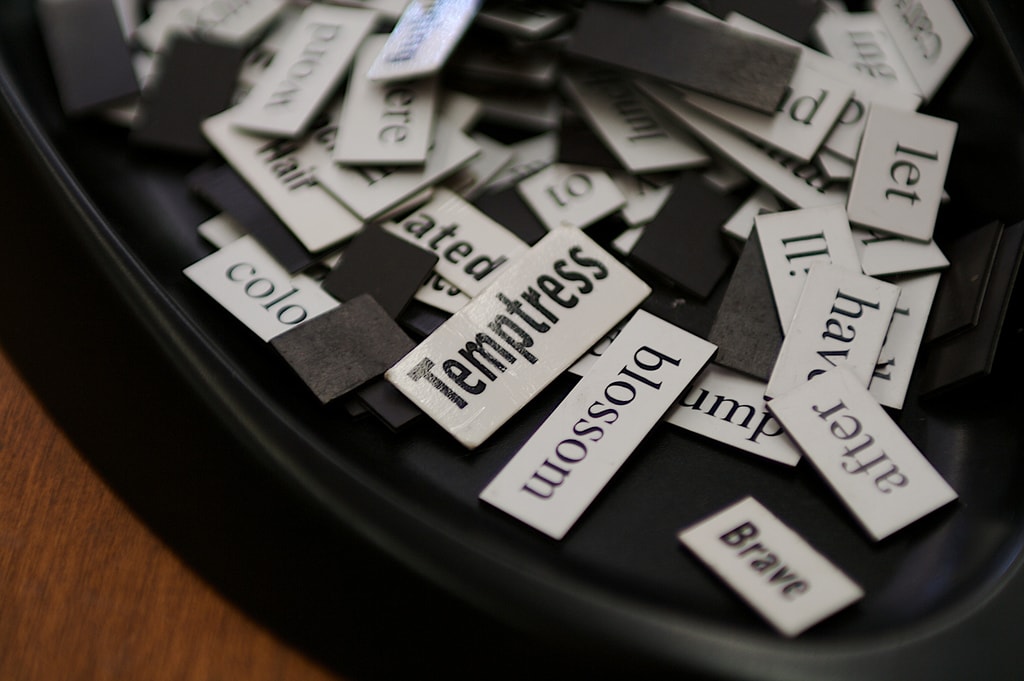 This morning’s news about Google censoring the voice recognition feature in Google Docs got me thinking about software filters in ebook apps.
This morning’s news about Google censoring the voice recognition feature in Google Docs got me thinking about software filters in ebook apps.
Word substitution filters like the one that Google built into the dictation feature are relatively simple tech, but few ebook apps have them. We can find any number of similar filters as web browser extensions (see cloud to butt, Literally, etc) but the only ebook app with this type of filter was Clean Reader.
That app used a substitution filter clumsily and to a prurient end, but the idea itself wasn’t a bad one (just unpopular with authors). There are any number of ways that this type of filter could add to the reading experience.
Earlier this year the Literary Platform detailed five possible filters, but I can think of at least two filters that they missed that I would like to see added to a reading app.
(Actually, what I really want is a reading app that lets the reader define their own substitution filter by supplying word pairs, but let’s not get ahead of ourselves.)
Let’s start with a filter that would make it easier for readers to stay on top of epic fantasy novels:
The De-Tolkienizer
This filter is one possible solution for a fetish that certain SF and fantasy authors have for making up nonsensical and confusing names for persons, places, and things.
The De-Tolkienizer would search out all the words in a book which were not in a dictionary, and then let a reader select replacement words from a list of innocuous alternatives. Thanks to this filter, readers would no longer have to wonder whether the character would have time to see the amandil (priest) in the Kyplyngyr Forest before aduial (dusk).
I know this suggestion will be taken as heresy in certain quarters, and that some will say that the text of a book is sacrosanct and must not be altered, but many readers are frustrated by the confusing and unnecessary words that some authors invent for their books. It’s sometimes enough to drive readers to abandon a book.
But hey, made up words might be your thing, so let me suggest an app for you:
The Tolkienizer
This filter is basically the inverse of the De-Tolkienizer. It would give readers the option of replacing ordinary names for people, places, and things with invented words. The replacement words could be drawn from a random word generator, or one of the many wikis devoted to fantasy series.
The filter might also draw on SF wikis just to add an extra level of detail. Words sourced from a Klingon-English dictionary, for example, would add extra spice to a fantasy story because the words would be unfamiliar to any but the most ardent Star Trek fans.
Gender Swap
The muscle-bound barbarian hero is a common trope in the fantasy genre. Sure, many authors avoid that cliche but some still make use of it.
How would you like to "fix" those books by swapping the genders of the main characters?
As The Literary Platform explained: "… since gender is primarily displayed through pronouns, this is a pretty easy fix for an app like this. It’s already happening. Take this example of one parent who, while reading their daughterThe Hobbit, decided to switch Bilbo’s gender pronouns. It turns out Bilbo makes an absolutely fantastic female protagonist! There’s also, moving out of books for a moment, this guy who hacked his daughter’s version of The Legend of Zelda: Wind Waker to make Link a girl. Or, without any tech at all, there are all these people who’ve decided to read the Harry Potter books while reading Hermione as black. Yes, an app like this opens up the doorway for the terrible human beings that got upset when they discovered a sympathetic character in The Hunger Games is brown, but surely that’s the point?"
I for one would love to find a way to make it clear that Hermione was a black girl, but that would require much more sophisticated software. More’s the pity:

Clean Reader’s greatest fault wasn’t that it replaced words, but that it was clumsy and showed a clear bias against the female form.
Like a lot of tech, a substitution filter doesn’t have any value in and of itself. The filter is neither good nor evil, and it’s what you use it for that makes it bad or good.
Now tell me that those aren’t good uses for a substitution filter, I dare you.
images by TerryJohnston, Natello


![clean-reader[1]](https://the-digital-reader.com/wp-content/uploads/2015/03/clean-reader1-500x272.png)




